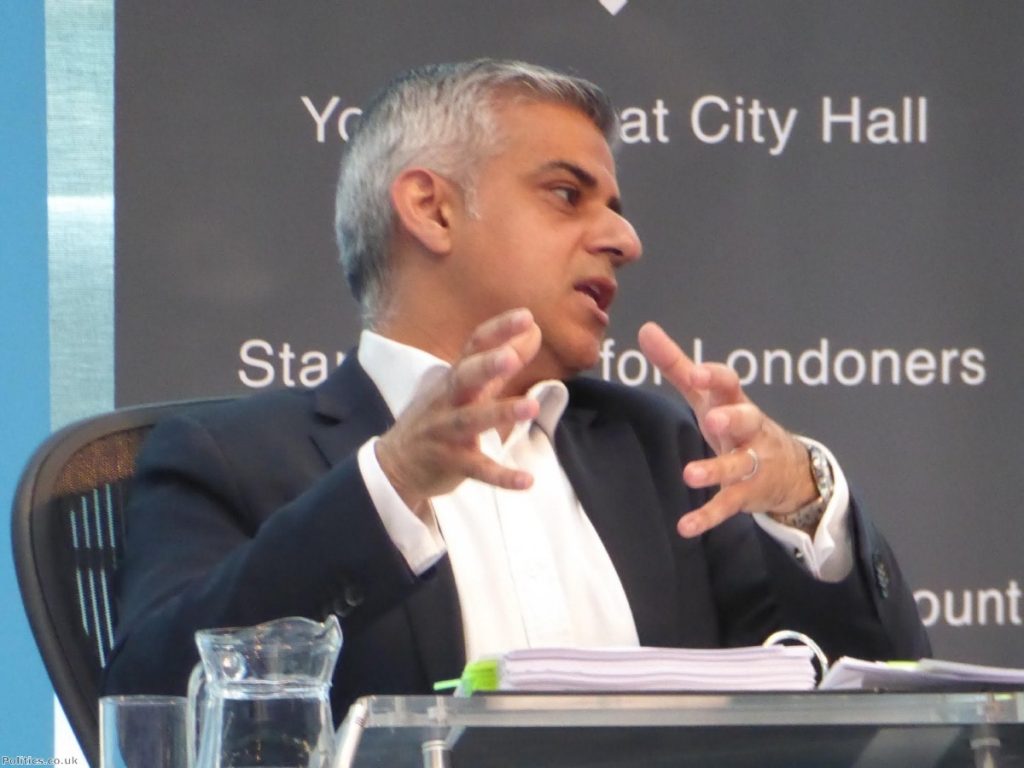By Brian Paddick
When I was a police officer in London's Metropolitan police I came across vulnerable people every day – rough sleepers, victims of domestic violence, those who were exploited by unscrupulous employers. These are some of the most vulnerable people in our society and they are often victims of multiple crimes. The primary purpose of the police is to prevent crime and to protect people 'without fear or favour', whoever they are.
That is why the mayor of London's pronouncement that police officers are "duty bound" to report victims of crime to the Home Office if there are "reasonable grounds" to question the victim's immigration status is so damaging. By essentially turning police officers into immigration enforcement officers, there is a natural erosion of the police’s ability to protect and a confusion as to their role.
Reporting rates among the vulnerable – and for some crime types such as sexual offences and hate crimes – are already low. If vulnerable crime victims now feel that by reporting they have been raped, for example, they may open themselves up to immigration investigation, detention or even deportation, they will be even less likely to help the police. With the Home Office only yesterday admitting mistakenly sending deportation letters to EU nationals who are legally in the country, even those with regular immigration status could be put off.


This harms victims and makes us all less safe, because it allows serious criminals to evade justice. It also lets criminals know that they are less likely to be reported by these marginalised groups. They are likely to feel emboldened and may actively target those they suspect will not go to the police. We already know this happens in the informal labour market. Employers who pay cash-in-hand are more likely to bend employment rules, exploit workers and offer lower standards of care in the workplace. Now put this lever of power in the hands of hardened criminals and the consequences could be dangerous for the victims and for society generally, resulting in increased unreported crime and lawlessness.

This approach of turning police officers into immigration officers is nothing new. The Home Office has long pursued the creation of a "hostile environment" for illegal immigrants but this has had the albeit unintended consequence of making the UK an uncomfortable place for the non-British, non-white population as a whole. We have seen doctors being asked to check immigration documents, teachers being asked to collect information on the immigration status of their pupils and even private landlords being forced to ask for proof of residence or be faced with huge fines if they fail to do so.
When I was a police officer in the late 1970s, the police routinely acted as immigration officials, with black people being frequently arrested for being "a suspected overstayer". The practice was so damaging to police community relations it was abandoned. Of course, if someone is arrested for a criminal offence and there are grounds to check their immigration status, that is fair enough. But to routinely check victims is a step too far.
Conservative ministers have been obsessed with their ill-thought through immigration target of tens of thousands. Half of the Cabinet doesn’t believe this target can or should be met and yet this has been the driving force behind policy ideas like the 'Go Home' vans. Now it seems like Labour’s Sadiq Khan is getting on board.
This sort of tough talk only helps criminals and harms innocent victims. Instead of pandering to the right, more needs to be done to ensure that money is invested at the border, so that only those legally entitled to be in the country are here and everyone is checked to make sure they leave if and when they should. Despite the tough talk under the Conservatives, over 1,000 border guards have been lost and small entry ports go practically unstaffed.
Sadiq Khan claims that 'London is Open' but his take on what the police are "duty-bound" to do casts a shadow on that assertion. The mayor and others should be encouraging victims to come forward rather than encouraging perpetrators to target the most vulnerable. He should reconsider his approach and clearly justify his position.
Brian Paddick was in the Metropolitan police from 1976 – 2007. He was also the Liberal Democrat mayor of London candidate in 2008 & 2012.
The opinions in politics.co.uk's Comment and Analysis section are those of the author and are no reflection of the views of the website or its owners.

